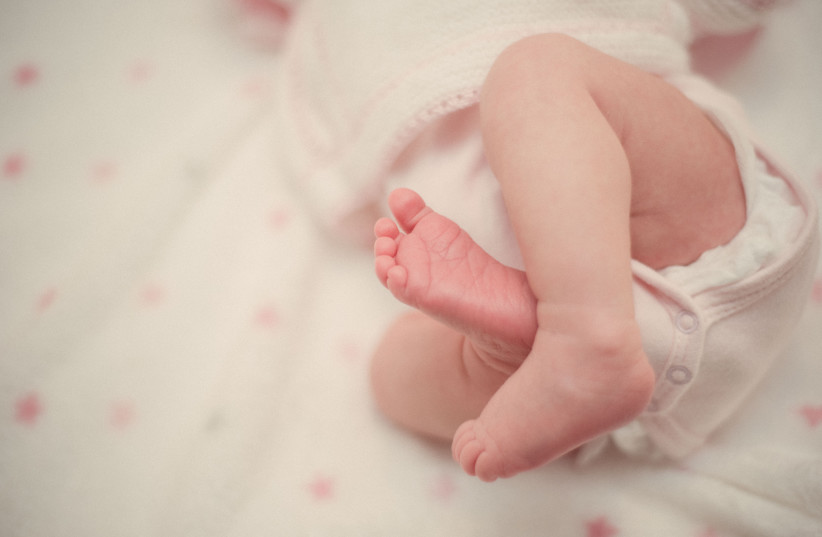What's in a name? Japan cracks down on 'glittery' baby names
Names such as Pikachu, Diamond, Nike, and even Devil have become increasingly common in Japanese classrooms over the past 30 years.

Parents in Japan will no longer be able to give their children any name they want, following the introduction of a new law halting the use of kirakira, meaning ‘shiny’ or ‘glittery,’ names on Monday.
The law dictates that parents must not just submit the spelling of children’s names, but the pronunciation as well. Additionally, local authorities will be allowed to ask parents to explain their name choices and, if they can’t justify them, to pick something more conventional, CNBC explained.
For over 30 years, these ‘shiny’ names have become more prevalent, with names like Pikachu, Daiya (diamond), Naiki (Nike), Pū (as in Winnie-the-Pooh), and even Akuma, which means “devil,” becoming increasingly common in Japanese classrooms.
Without the use of ‘glittery’ kanji, there are still roughly 3,000 characters that parents can use for traditional children's names that have been permitted by the law.
Japanese parents have had mixed reactions to the law
While some parents defended their choices as a show of individual flair in a society where the pressure to conform can be overwhelming, many Japanese people mocked those who choose kirakira names.“Please stop restricting kirakira names. Seeing a child’s name reveals the intelligence of their parents, which is helpful,” another said, as many more people added that children with unusual names would be subject to bullying.
Other countries also have restrictions on names
It’s not uncommon for countries to regulate what names are acceptable. In the US, though it varies by state, California can only use the 26 alphabetical characters of the English language, a rule that was enforced when Elon Musk and Grimes named their baby ‘X Æ A-12.’ The name was eventually changed slightly to ‘X Æ A-Xii.’In Germany, a name can be rejected if it is found offensive or “potentially harmful to the child’s best interests.” German authorities barred parents from using the name ‘Gastritis,’ arguing the name would “jeopardize the welfare of the child,” according to the official Frankfurt city administration.
New Zealand maintains strict rules barring names referencing titles, routinely rejectng names like ‘King’ and ‘Prince.’







